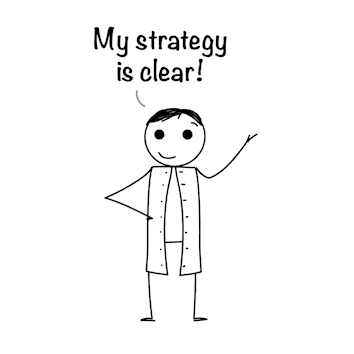BALDER and the reuses of data
Only the really smart ones know when to cut corners. Therefore, Peter - head of the BALDER project - is not reinventing the wheel. Instead, he is reinventing diabetes research – by bringing it to his computer.

Reduce, reuse, recycle - also when it comes o data
Peter's strategy is to use his computer skills to reduce, reuse, and recycle (the 3R’s):
REDUCE: Peter is reducing his time in the wet-lab. Actually, he only goes to the wet-lab to talk to his close collaborator Mads. Instead, Peter spends most of his days at his computer. And with a background in statistics and interest in bioinformatics, this is exactly where he excels.
REUSE: Because diabetes is a common lifestyle disease, many researchers go to the wet-lab to find out more about it. But since Peter doesn’t go to the wet-lab, he is bringing all the knowledge from the lab experiments to his computer. Here he will use this knowledge to find new insights into the biological mechanisms of diabetes.
RECYCLE: Peter and his team recycle all the knowledge from the wet-lab into new computer-based models that can help researchers:
- Find new drug targets
- Predict the effect of a drug
Sharing the knowledge
Peter’s team is benefitting from other’s research. Therefore, they are also sharing their findings with everyone interested. All information regarding the models and how to use them, will be available for everyone to use, reuse or recycle.
All of this fits well with the 3R’s mind-set, but it is also a requirement in ODIN. Peter’s project is funded by ODIN, which is an #OpenInnovationInScience platform. We believe that openness is the best way to drive innovation in science.
